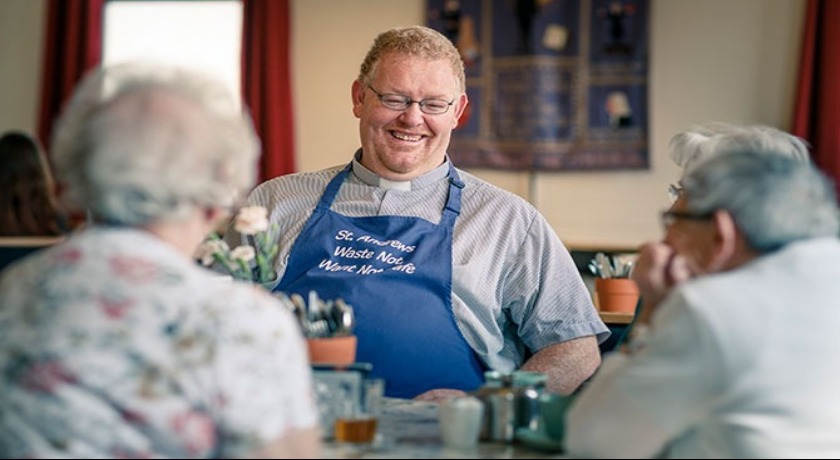 In the latest issue of Reform magazine, the Revd Catherine Ball, Minister of The Free Church, St Ives, and Fenstanton United Reformed Church, Cambridgeshire, explores the rewards and challenges of pastoral care today.
In the latest issue of Reform magazine, the Revd Catherine Ball, Minister of The Free Church, St Ives, and Fenstanton United Reformed Church, Cambridgeshire, explores the rewards and challenges of pastoral care today.
Pastoral care is one of the core responsibilities in ministry. It is a vital aspect of church life, developing relationships, building community and opening up opportunities for the application of the good news of God’s grace. As a minister, I find pastoral care one of the most challenging aspects of the role, but also one of the most rewarding.
It is true that pastoral care has changed from past generations. No longer does the stereotypical village minister visit each parishioner one by one, having cups of tea and talking about life. Most of us now have at least two churches – some several – in different towns and villages, and so have a lot more travelling to do in order to visit people. Administration takes up more time than in the past and there is more legislation with which ministers and elders must ensure churches comply.
There are some advantages: many churches today are open throughout the week for church groups, user groups, cafes, Fairtrade shops, charity services and foodbanks. This requires management, but it also makes the church a place where people come for friendship and help. A few times a week, I spend mornings in the church and go around the coffee shop chatting to people. This has opened up many opportunities for pastoral care: one gentleman had a heart attack and I visited him in hospital, and he was so grateful he came to some worship services and agreed to be Father Christmas to our tots and carers group.
Many come asking for financial assistance. I meet them and chat through their needs. I give them vouchers for our foodbank and a sandwich and a coffee, and sit and chat with them. Others have emotional or mental issues or addictions, so I chat with them and refer them to groups such as the Dementia Cafe, or to counsellors or GPs. Recently, one of our frequent visitors was a homeless man whose friend died and her family did not want him or his friends to attend the funeral. I held a memorial service in our church for all his friends who wanted to come. Several church people attended as well and supported them. This helped form a positive relationship with several who are homeless in our town…
This is an extract from an article that was published in the September 2019 edition of Reform




